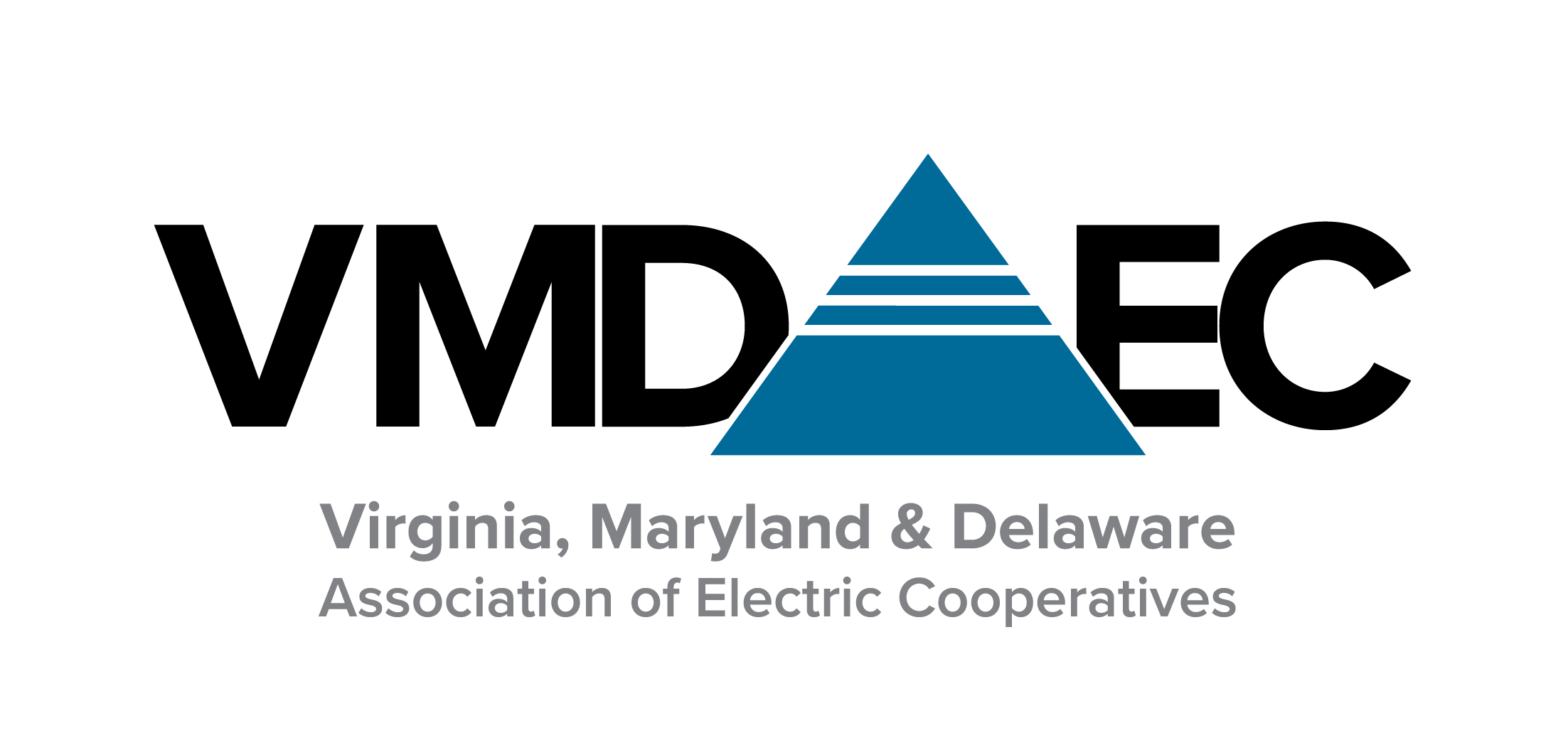HB884:
Group health benefit plans; bona fide associations, benefits consortium.
Bill Summary:
Group health benefit plans; bona fide associations; formation of benefits consortium. Provides that certain trusts constitute a benefits consortium and are authorized to sell health benefit plans to members of a sponsoring association that (i) has been formed and maintained in good faith for purposes other than obtaining or providing health benefits; (ii) does not condition membership in the sponsoring association on any factor relating to the health status of an individual, including an employee of a member of the sponsoring association or a dependent of such an employee; (iii) makes any health benefit plan available to all members regardless of any factor relating to the health status of such members or individuals eligible for coverage through a member; (iv) does not make any health benefit plan available to any person who is not a member of the association; (v) makes available health plans or health benefit plans that meet requirements provided for in the bill; (vi) operates as a nonprofit entity under § 501(c)(5) or 501(c)(6) of the Internal Revenue Code; and (vii) has been in active existence for at least five years. The bill replaces references to "bona fide association," as used in provisions applicable to health care plans in the small employer market, with the term "sponsoring association."
The bill requires any health benefit plan issued by a self-funded multiple employer welfare arrangement (MEWA) that covers one or more employees of one or more small employers to (a) provide essential health benefits and cost-sharing requirements; (b) offer a minimum level of coverage designed to provide benefits that are actuarially equivalent to 60 percent of the full actuarial value of the benefits provided under the plan; (c) not limit or exclude coverage for an individual by imposing a preexisting condition exclusion on that individual; (d) be prohibited from establishing discriminatory rules based on health status related to eligibility or premium or contribution requirements as imposed on health carriers; (e) meet the renewability standards set forth for health insurance issuers; (f) establish base rates formed on an actuarially sound, modified community rating methodology that considers the pooling of all participant claims; and (g) utilize each employer member's specific risk profile to determine premiums by actuarially adjusting above or below established base rates, and utilize either pooling or reinsurance of individual large claimants to reduce the adverse impact on any specific employer member's premiums.
The bill prohibits a self-funded MEWA from issuing health benefit plans in the Commonwealth until it has obtained a license pursuant to regulations promulgated by the State Corporation Commission. The bill authorizes the Commission to adopt regulations applicable to self-funded MEWAs, including regulations addressing financial condition, solvency requirements, and the exclusion of self-funded MEWAs from the Virginia Life, Accident and Sickness Insurance Guaranty Association. This bill is identical to SB 195.
Bill Patron: Byron
Last Action(s):
(House) Enrolled Bill communicated to Governor on March 11, 2022 March 11, 2022
(Senate) Signed by President March 3, 2022
(Governor) Acts of Assembly Chapter text (CHAP0404)
Bill Status:
Passed House
Passed Senate
Approved
